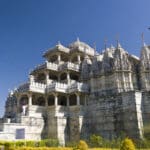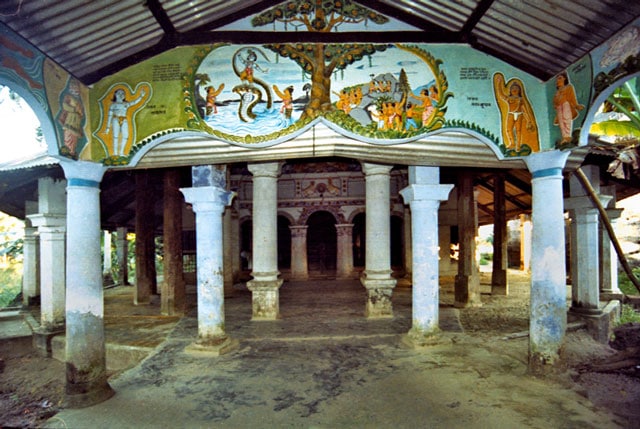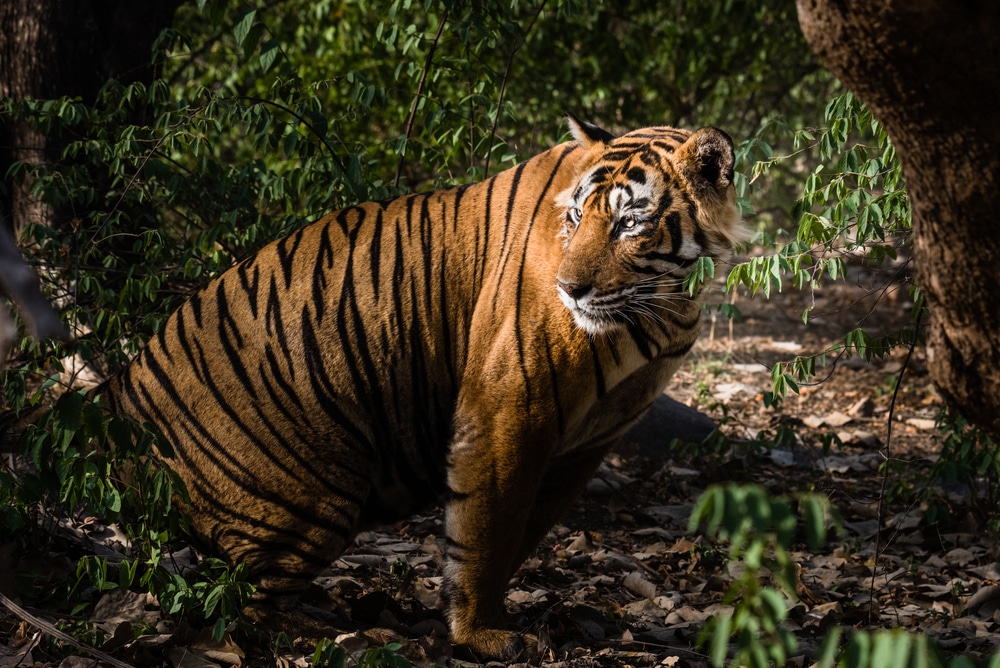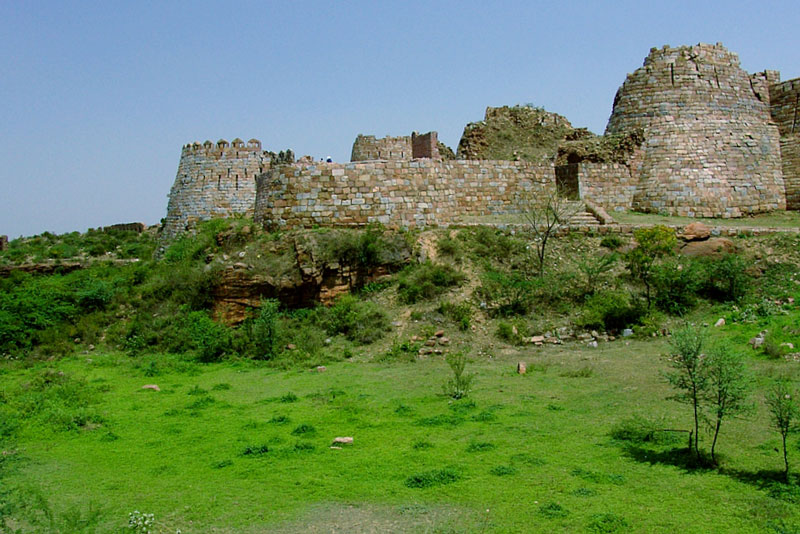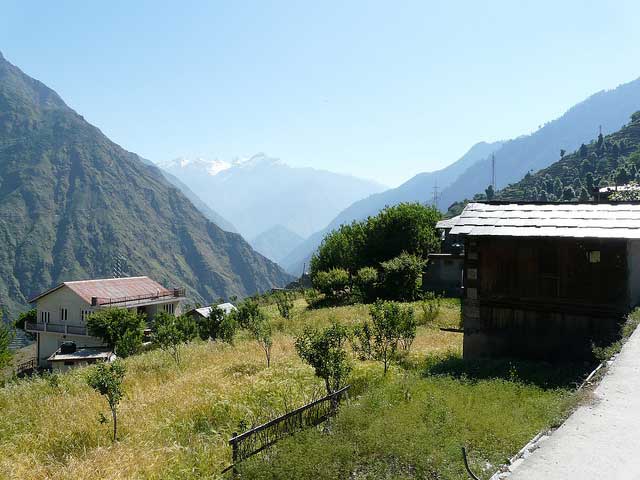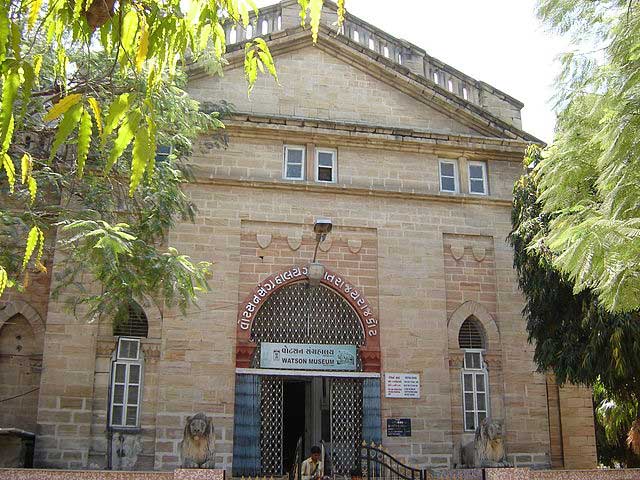Assam, a land of diverse cultures and vibrant traditions, is renowned for its colorful festivals that reflect the rich heritage of the region. From religious celebrations to harvest festivals, Assam boasts a calendar filled with joyous occasions that attract tourists from all over the world. Let’s delve into the top seven festivals that showcase the cultural tapestry of Assam.
1. Introduction to Assam
Nestled in the northeastern part of India, Assam is known for its lush landscapes, tea gardens, and the mighty Brahmaputra River. It is a melting pot of various ethnic groups, each contributing to the cultural mosaic of the state. Festivals in Assam are not just events; they are a way of life, deeply rooted in tradition and community spirit.
2. Overview of Festivals in Assam
Festivals hold immense significance in the lives of the people of Assam. They provide an opportunity for communities to come together, celebrate, and strengthen social bonds. Among the myriad festivals celebrated in Assam, some stand out for their grandeur, rituals, and cultural importance.
3. Bihu Festival
Bihu is the most important festival in Assam, celebrated with much fervor and enthusiasm. It marks the Assamese New Year and is observed with three different Bihus: Rongali Bihu in April, Kongali Bihu in October, and Bhogali Bihu in January.
Traditional Aspects
Bihu is deeply rooted in agrarian traditions and symbolizes the spirit of fertility and abundance. It is a time when farmers rejoice and thank the gods for a bountiful harvest.
Cultural Significance
Apart from its agricultural significance, Bihu holds cultural importance as well. It is characterized by traditional folk dances like the Bihu dance, where men and women clad in colorful attire perform intricate steps to the beats of the dhol (drum) and pepa (flute).
Celebrations
During Bihu, Assam resonates with the sound of music, dance, and merriment. Homes are adorned with rangolis (colorful floor designs), and feasts are prepared with traditional delicacies like pitha (rice cakes) and larus (sweetmeats).
4. Durga Puja
Durga Puja is one of the most significant festivals celebrated by the Bengali community in Assam. It honors Goddess Durga and commemorates her victory over the demon Mahishasura.
Religious Importance
Durga Puja is a time for devotion and prayer. Elaborate pandals (temporary structures) are erected, showcasing intricate idols of Goddess Durga and her children.
Decorations and Rituals
The pandals are adorned with elaborate decorations, and rituals like ‘dhunuchi naach’ (dance with incense burners) add to the festive fervor.
Community Participation
Durga Puja brings communities together, fostering a sense of unity and camaraderie. It is a time for family gatherings, cultural performances, and feasting on traditional Bengali cuisine.
5. Ambubachi Mela
Ambubachi Mela is an annual religious fair held at the Kamakhya Temple in Guwahati, Assam. It celebrates the menstruation of the goddess Kamakhya and is attended by devotees from far and wide.
Religious Beliefs
According to mythology, Goddess Kamakhya undergoes menstruation during the Ambubachi Mela, signifying the fertility of the earth.
Pilgrimage and Rituals
Devotees throng the Kamakhya Temple during the Ambubachi Mela to seek blessings and participate in sacred rituals.
Attractions
Apart from its religious significance, the Ambubachi Mela features various cultural programs, fairs, and exhibitions, attracting tourists and pilgrims alike.
6. Baishagu Festival
Baishagu is a traditional festival celebrated by the Bodo community of Assam. It marks the beginning of the Bodo New Year and is observed with much enthusiasm and vigor.
Tribal Traditions
Baishagu is deeply rooted in Bodo culture and tradition. It is a time for the community to showcase its vibrant heritage through dance, music, and rituals.
Dance Performances
During Baishagu, Bodo men and women perform traditional dances like the Bagurumba and Bardwisikhla, wearing colorful attire adorned with traditional jewelry.
Symbolism
Baishagu symbolizes the spirit of unity and brotherhood among the Bodo people. It is a time for reconciliation, forgiveness, and fostering harmony within the community.
7. Rongali Bihu
Rongali Bihu, also known as Bohag Bihu, is the most celebrated Bihu festival in Assam. It marks the onset of the Assamese New Year and the arrival of spring.
Spring Festival
Rongali Bihu is synonymous with the vibrant colors of spring. It is a time when nature comes alive with blooming flowers, lush greenery, and the sweet fragrance of Assamese orchids.
Music and Dance
The highlight of Rongali Bihu is the traditional Bihu dance, performed by young men and women in open fields, accompanied by the melodious tunes of the pepa and dhol.
Cultural Activities
Apart from dance performances, Rongali Bihu is celebrated with cultural activities like buffalo fights, boat races, and traditional sports like tekeli bhonga (pot-breaking) and egg fights.
Conclusion
Festivals in Assam are not just events; they are a celebration of life, culture, and community spirit. From the vibrant colors of Bihu to the divine fervor of Durga Puja, each festival adds to the cultural tapestry of the state, making Assam a land of joyous celebrations and timeless traditions.
FAQs
- Q: What is the significance of Bihu in Assam? A: Bihu holds agricultural and cultural significance in Assam, marking the Assamese New Year and celebrating the spirit of fertility and abundance.
- Q: Which festival is celebrated by the Bodo community? A: Baishagu is a traditional festival celebrated by the Bodo community of Assam, marking the beginning of the Bodo New Year.
- Q: When is Rongali Bihu celebrated? A: Rongali Bihu, also known as Bohag Bihu, is celebrated in April, marking the onset of the Assamese New Year and the arrival of spring.
- Q: What is the Ambubachi Mela? A: Ambubachi Mela is an annual religious fair held at the Kamakhya Temple in Guwahati, Assam, celebrating the menstruation of the goddess Kamakhya.
- Q: How do people celebrate Durga Puja in Assam? A: Durga Puja is celebrated with elaborate pandals, rituals, cultural performances, and feasting on traditional Bengali cuisine in Assam.



